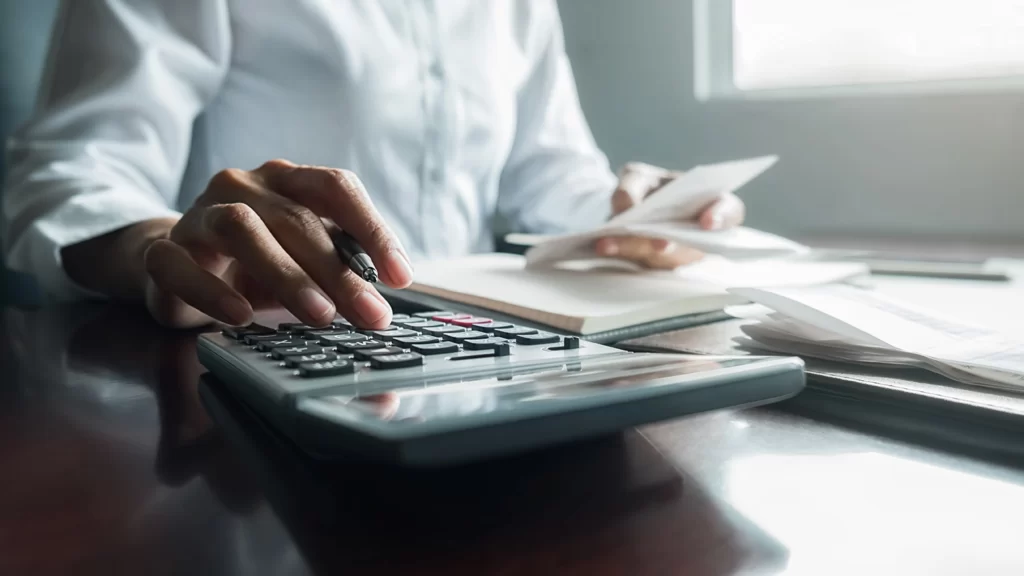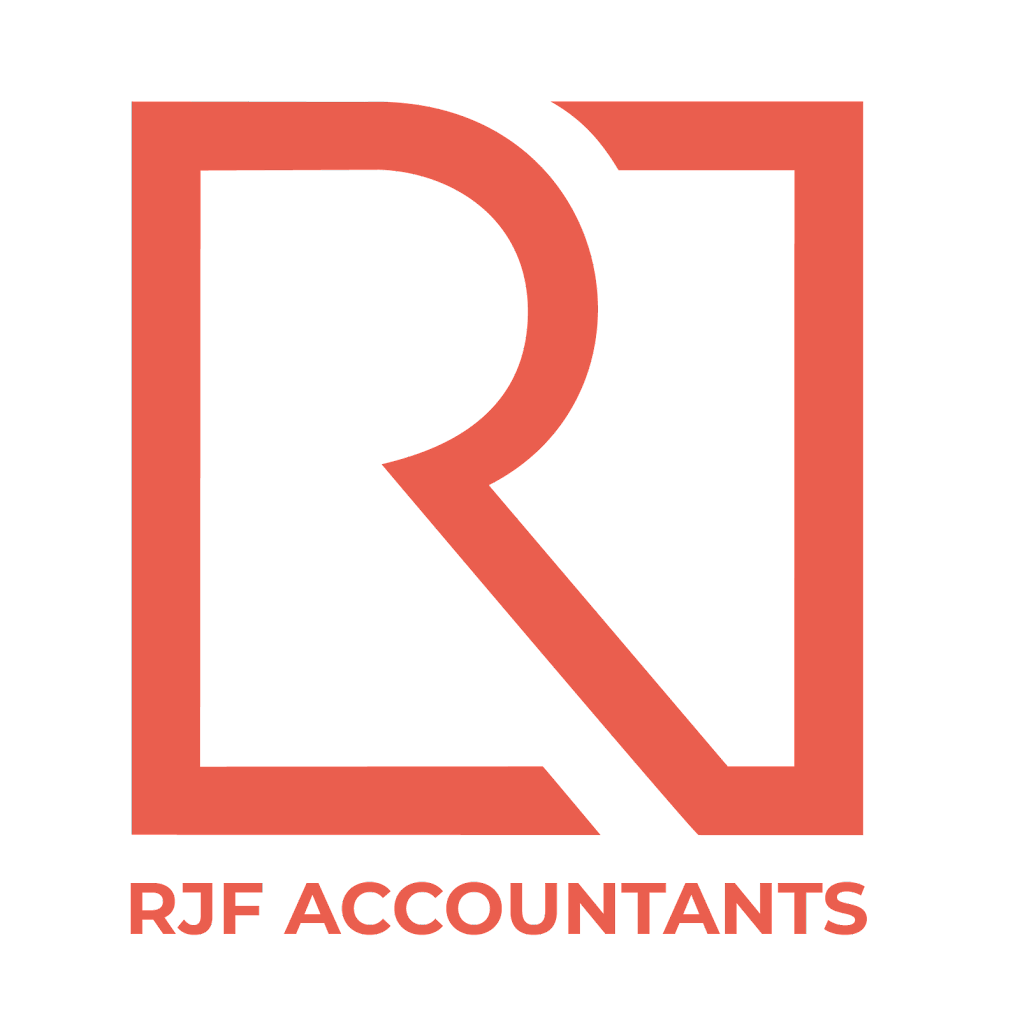Regardless of their size or turnover, business owners have a legal obligation to keep their financial records up-to-date and store them properly. Business receipts form part of this, and HMRC may request documentary proof to back up the expense claims in your tax return. They can do at any time, even sometime after the original return has been submitted. Failure to present these when requested could land you with a hefty fine and a tax bill to boot!
To avoid this, we have come up with some hints and tips on what to do with your business receipts and how to store them so that you can avoid any issues with HMRC down the line.
Blog Contents:
show
Why Does My Business Need To Keep Receipts?
You need to keep strict financial records, mainly for HMRC. If they were ever to ask for a full audit of your accounts and the receipts were not present for the audit – they would impose fines and ask for the tax that was offset to be repaid to them. HMRC recommends that you keep receipts for all business expenses and sales. This could mean maintaining a record of:
- Your invoices sent to others
- Your business bank statements
- VAT records
- Business expense receipts
- Keeping a mileage record
As a rule of thumb, you will need to keep these records for at least six years, but that does not start until you submit your tax return to HMRC, so the best practice is to keep them for seven years.
This applies to all types, shapes and sizes of business from sole traders to multinational enterprises – all companies that operate in the UK must keep strict financial records, including copies of receipts.
What Is the Best Way to Keep Records of Receipts?
There are two main ways to keep records of your expense receipts one is a paper-based system the other is digital. Our advice is to keep both, but it does not have to be complicated. If you set aside a small amount of time each week to do it, it takes up much less of your time than you might think.
Online bookkeeping systems such as QuickBooks, FreeAgent and Xero all have digital receipt recording systems. They allow you to take a quick photo of the receipt on your phone and upload it to the cloud. You need to store the paper receipt in a file or even a shoebox for safekeeping. Suppose you do not use a cloud-based bookkeeping system, then taking a photo with your phone and storing them in a cloud-based drive and keeping a record of them on a spreadsheet is probably your best option.
The Benefits Of Keeping Your Receipts Organised
Whatever method you choose, be sure that they are kept secure and easily accessible for future reference. Such as creating a reference or date-based system to be easily accessed and presented when needed. Why? Well, imagine if HMRC came knocking for an audit five years after you claimed an expense for a new laptop or train ticket. You just filed all your receipts in that shoebox with no apparent order or organisation. How easy is that receipt or ticket going to be easy to locate?
Your bookkeeper or accountant will also thank you for being organised and keeping things in an order they can efficiently process, ensuring that nothing is missed and you don’t end up paying tax on anything not owed.
Quickfire Receipt Tips
- Keep them all:No matter how robust your logging system, be it digitally or photographically – keep the originals stored!
- VAT: VAT registered? Make sure you have a receipt showing the VAT paid, or you cannot reclaim the VAT.
- Be organised:Your bookkeeper/accountant will thank you for it, and if you ever get audited, you will thank yourself too!

